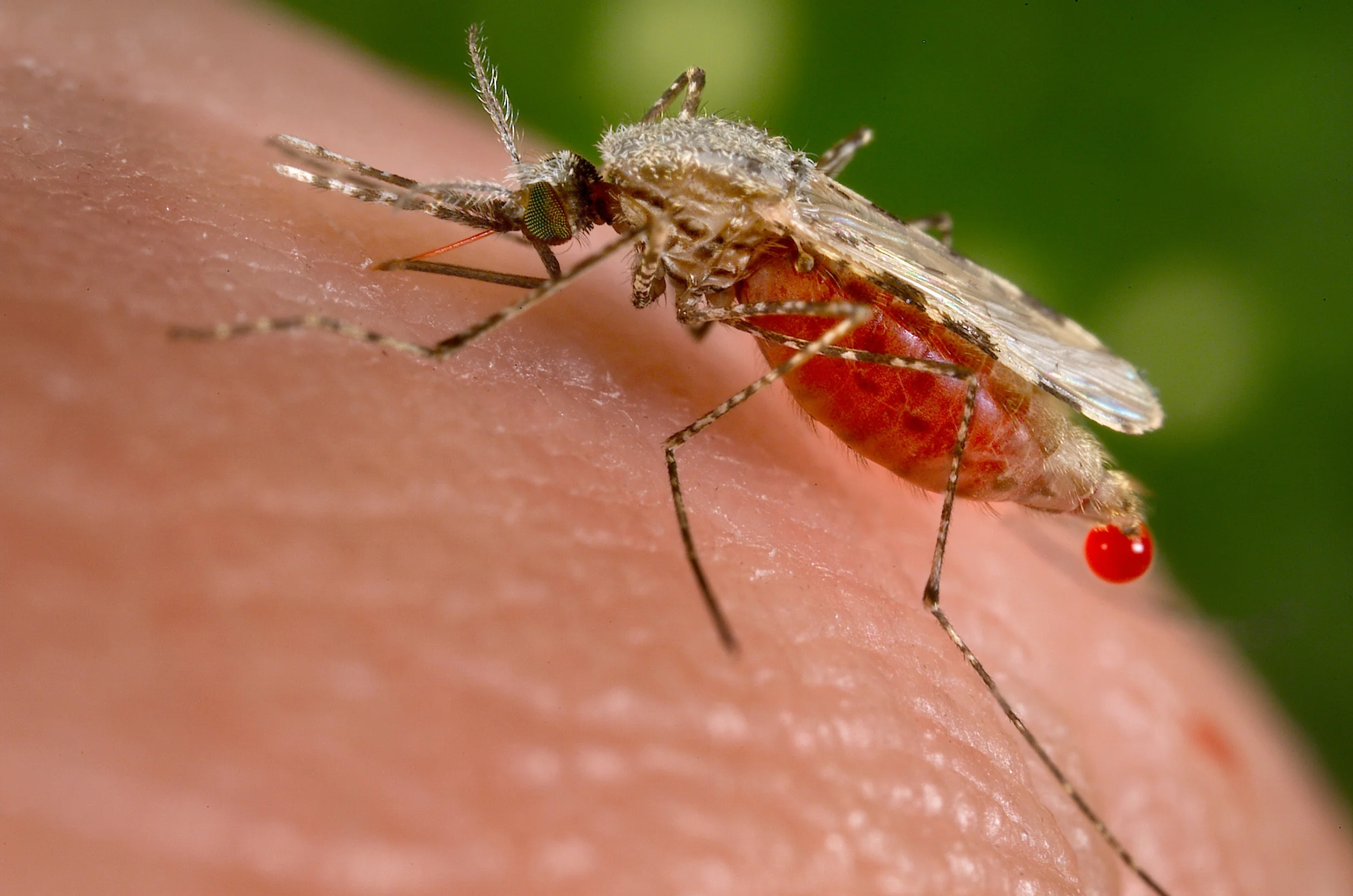We are interested in understanding how apicomplexan parasites initiate and regulate developmental transitions throughout their lifecycle. Our primary focus is understanding the molecular mechanisms underlying the regulation of sexual differentiation in Plasmodium falciparum.
Should I stay or should I go?
Upon invading a red blood cell, each malaria parasite is faced with a developmental “decision”: Will daughter parasites continue asexual lytic growth or instead differentiate into non-replicative sexual stages called gametocytes? This choice is of critical importance because gametocytes represent a dead end within the current host while also being the only stage able to infect blood-feeding mosquitos for transmission to the next host. Essentially, each invasion event presents individual parasites with the choice of staying in its current host or attempting transmission to the next. Striking the right persistence vs. transmission balance is critical for the parasite's survival.
How do malaria parasites decide to have sex?
Work by me and others found that the transcriptional activator AP2-G acts as a critical switch for the this differentiation decision. Using molecular biology and genetic approaches, we are currently working on understanding how AP2-G is activated and carries out its function.

